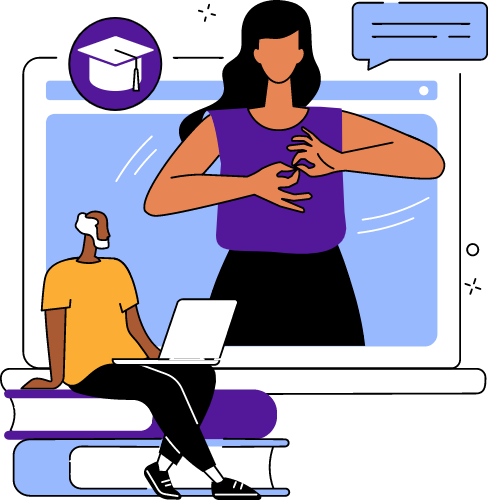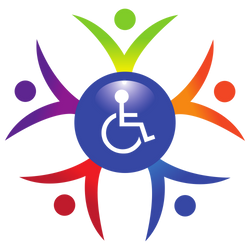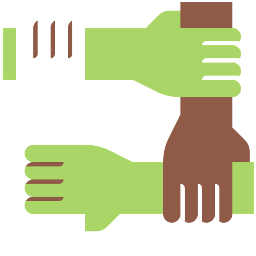Use of Technology
To overcome disabling conditionsProject Description
In this program, we configure public accessed computers to accommodate the unique needs of users and then to revert to a standard setting for the next users. Assistive technology makes the disabling conditions more amenable. For example, blindness and compromised use of hands is accommodated through assistive technology. Similarly, functional literacy rates, in the predominant languages of the Web, are low in many immigrant communities, especially for marginalized linguistic minorities, a deficit, ameliorated by assistive technology. The main aim of this special project is to improve the capacity of the CMDCI CAP site by utilizing assistive technology in the enhancement of users’ computer literacy.
Assistive Technology
Assistive technology is a term for assistive, adaptive, and rehabilitative devices for people with disabilities and the elderly
- Assistive Technology combines computer hardware and software to quickly configure a public access computer to accommodate the unique needs of a user and then to revert to a standard setting for the next user.
- Assistive Technology gives individuals with physical and perceptual disabilities and those with low levels of literacy affordable and convenient public access to computers and the internet. As examples, people with visual impairment can magnify texts or have them read aloud by an audio capability, and people who have limited manual dexterity can use tools for settings and displays that are easier to manipulate than the standard keyboard and mouse.
- Assistive technology also can eliminate language barriers for users with low English literacy.

Regarding social development, the goals are to alleviate poverty, strengthen communities, and strengthen democratic values through the inclusion of previously marginalized individuals.
- Also, economically, this will reduce work hours lost due to temporary and permanent impairment.
- This program reduces reliance on charity, removed barriers to employment for individuals with disabilities, as these skilled professionals are recovered back into the workforce.
- Finally, persons with disabilities are linked in, and share work at all stages of the project.










